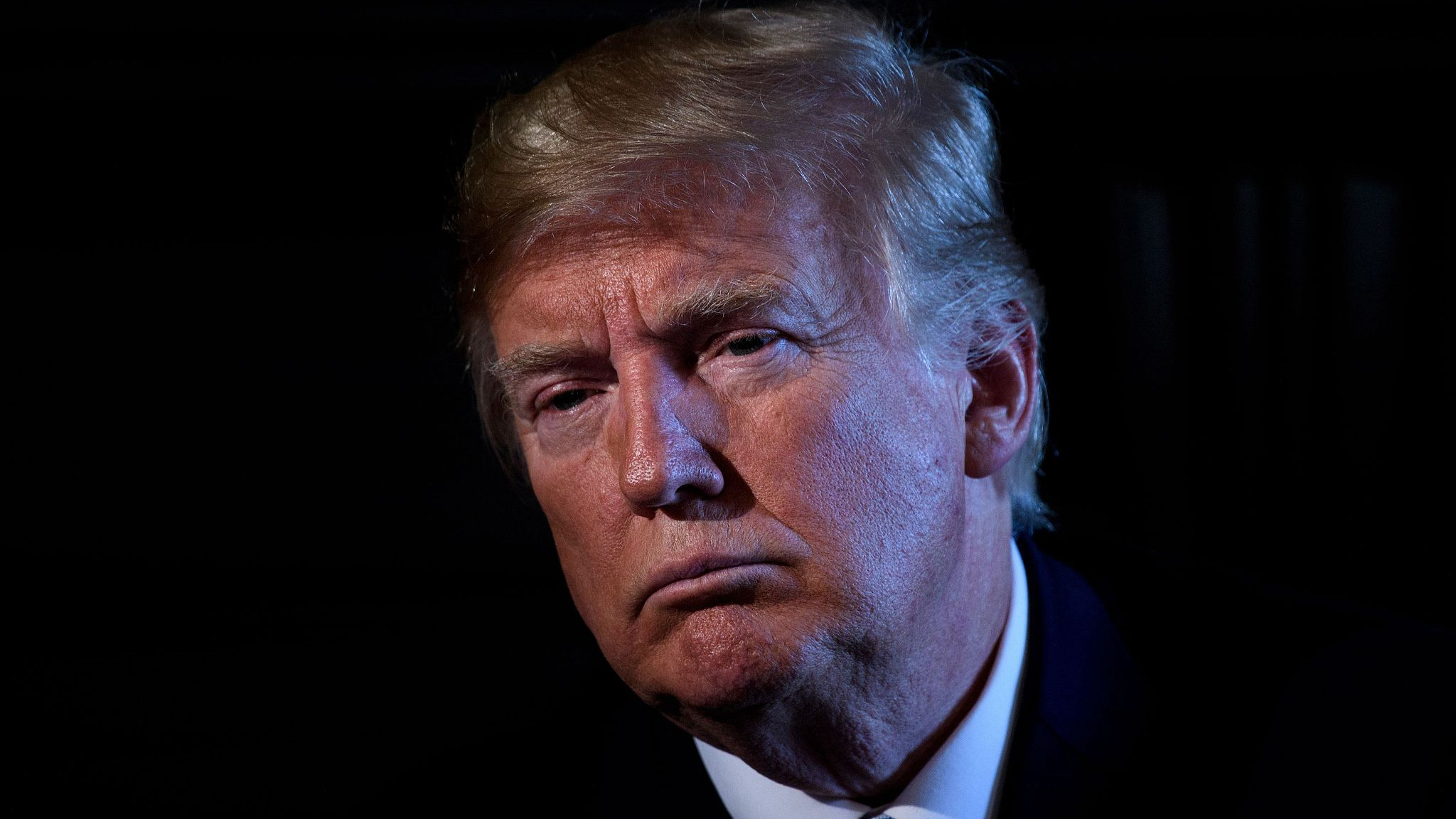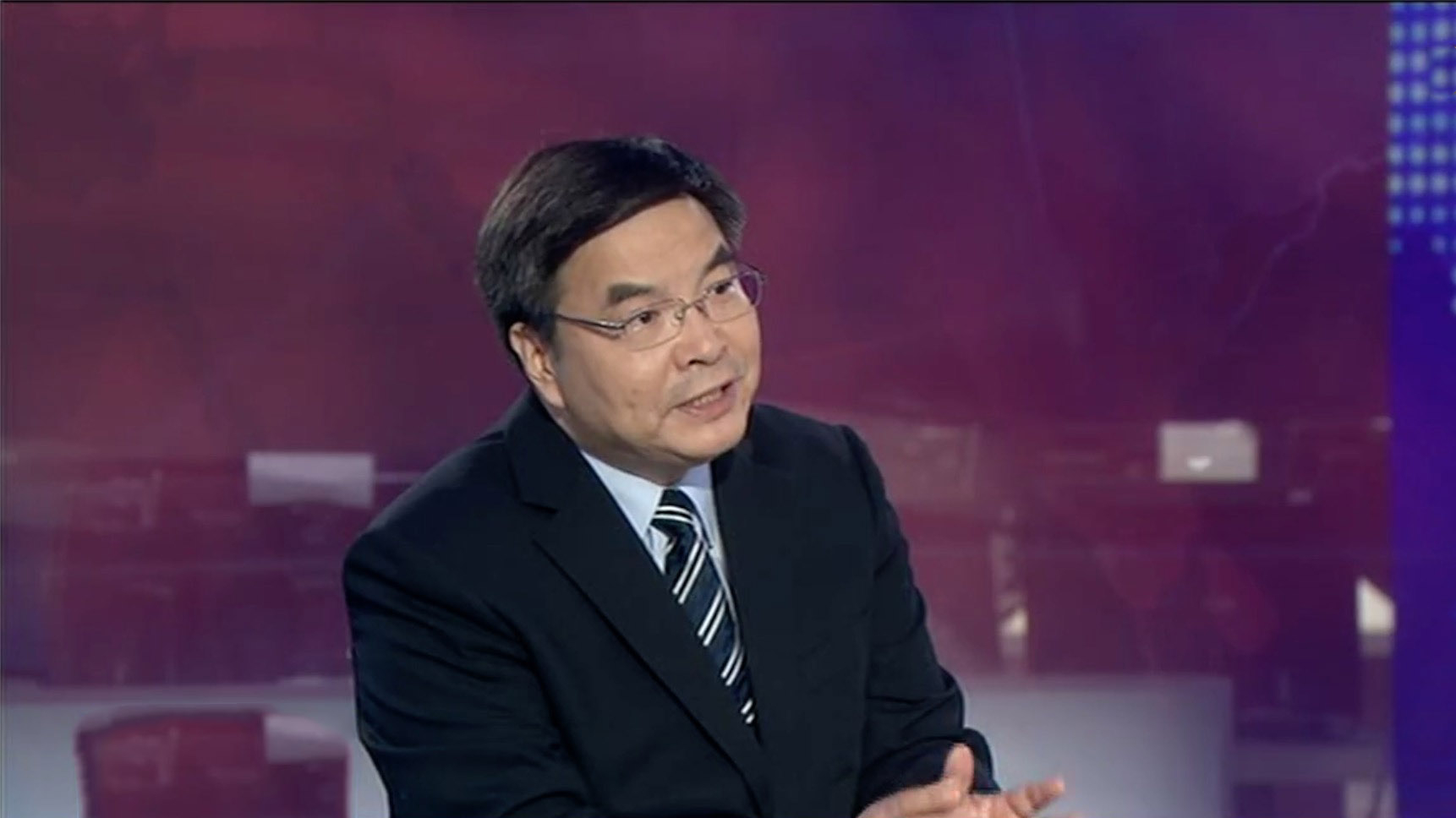
Opinions
09:57, 24-Aug-2018
Expert: Trump's unsustainable trade policy leads to higher spending
Updated
09:52, 27-Aug-2018
CGTN's Global Watch

The US Federal Reserve has warned that ongoing trade tensions will pose a big threat to the country's economy. Minutes of a policy meeting early this month showed most participants felt that the ongoing deadlock on tariffs poses a serious economic risk.
They worried that a large-scale and prolonged dispute would harm business sentiment, reduce investment spending and drag down employment, as well as fuel possible inflation. Officials also warned that the purchasing power of US families would likely fall.
It's not the first time central bankers have expressed concern over the consequences of Trump's aggressive trade policy.
Professor Zhao Zhongxiu, vice president of the University of International Business and Economics in Beijing, says the policy is not sustainable. He explains that "it will cause a short-term shock before calming down." In the end, he says, "expenditure will continue, including a higher expenditure on the military."
Zhao says there have been concerns about a US currency bubble, which is one short-term effect of tax cuts. But as spending continues to increase, there will be a big gap for the deficit.
04:23

But how can the US finance this deficit? The answer to this question, Zhao says, is for the Fed to raise interest rates, which may spark fears among bankers about a resulting chill in the stock market. Meanwhile, at public hearings on new tariffs proposed by the Trump administration, most US companies have voiced their views against the further import duties.
The refrain "not substitutable" became a constant, as representatives testified about the competitiveness of Chinese goods and the lack of suitable domestic replacements. Many are warning that these new tariffs would affect American consumers much more than previous ones. Zhao says "the trade policy is motivated by the so-called America First policy," but the misguided strategy is “barking up the wrong tree, and gradually this wrongdoing will have its impact on the US economy."
The reason, he says, is that the China-US trade structure is complementary. That's something that "cannot be changed overnight." As a result, Zhao says, both US domestic and global supply chain will be damaged, and it's the global economy that will inevitably suffer in the long run.

SITEMAP
Copyright © 2018 CGTN. Beijing ICP prepared NO.16065310-3
Copyright © 2018 CGTN. Beijing ICP prepared NO.16065310-3